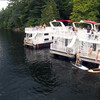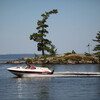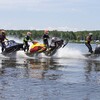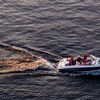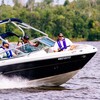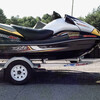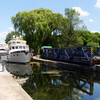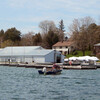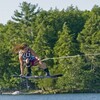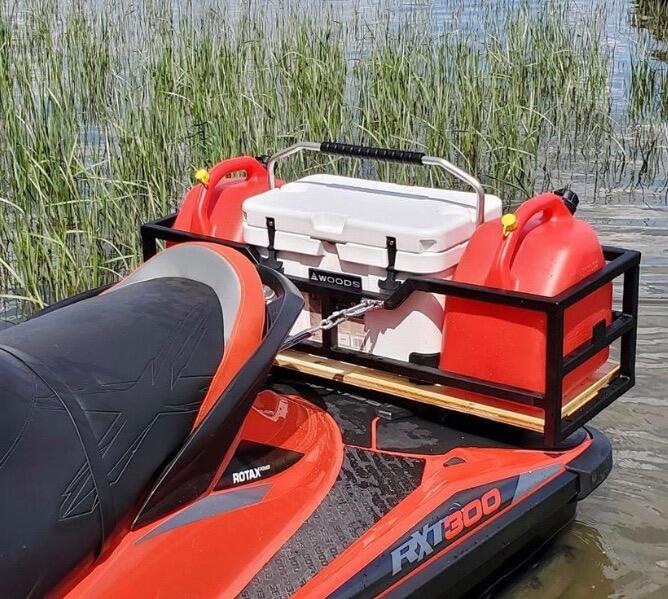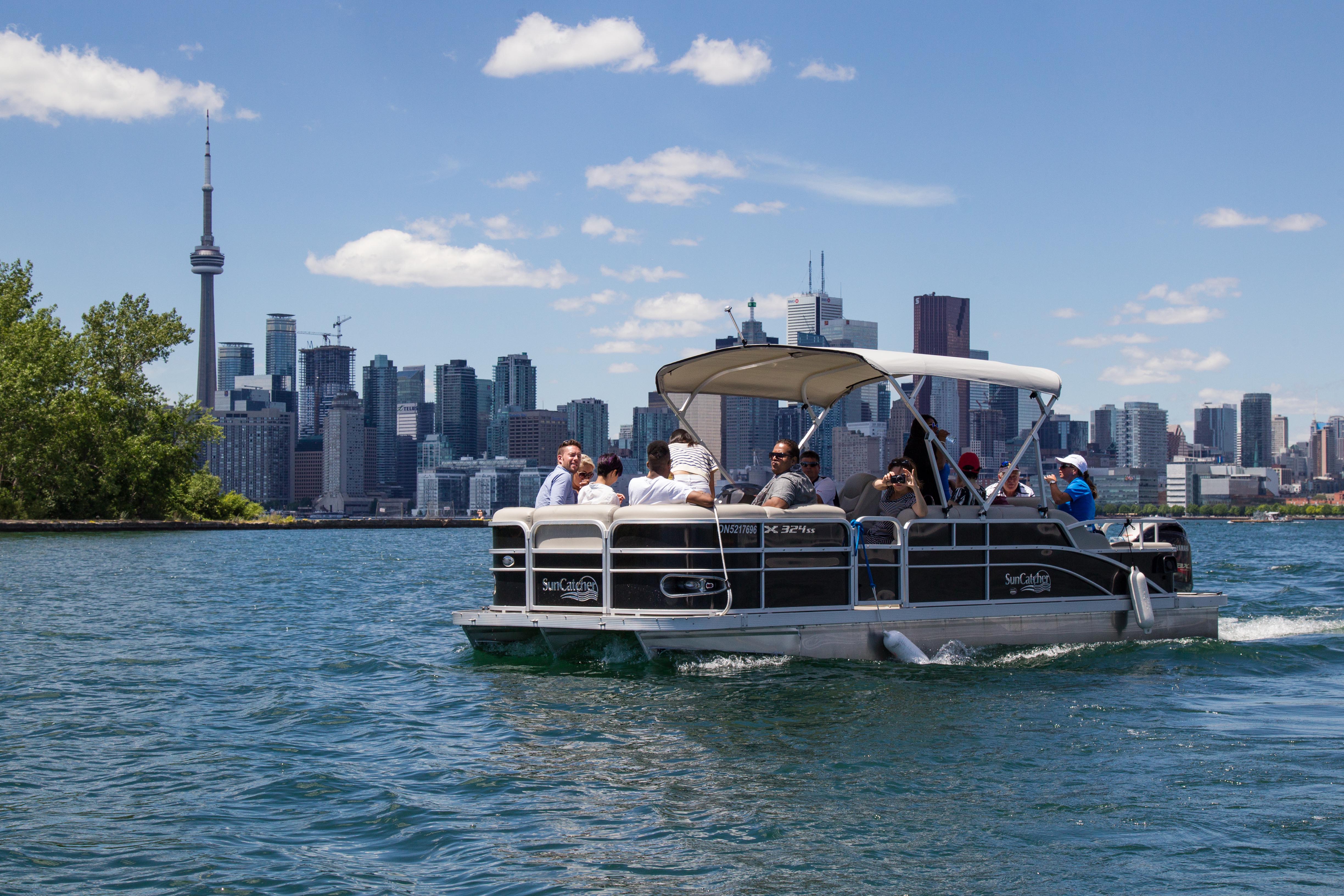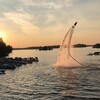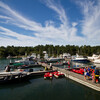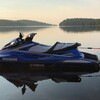
Five Mistakes PWC Owners Make
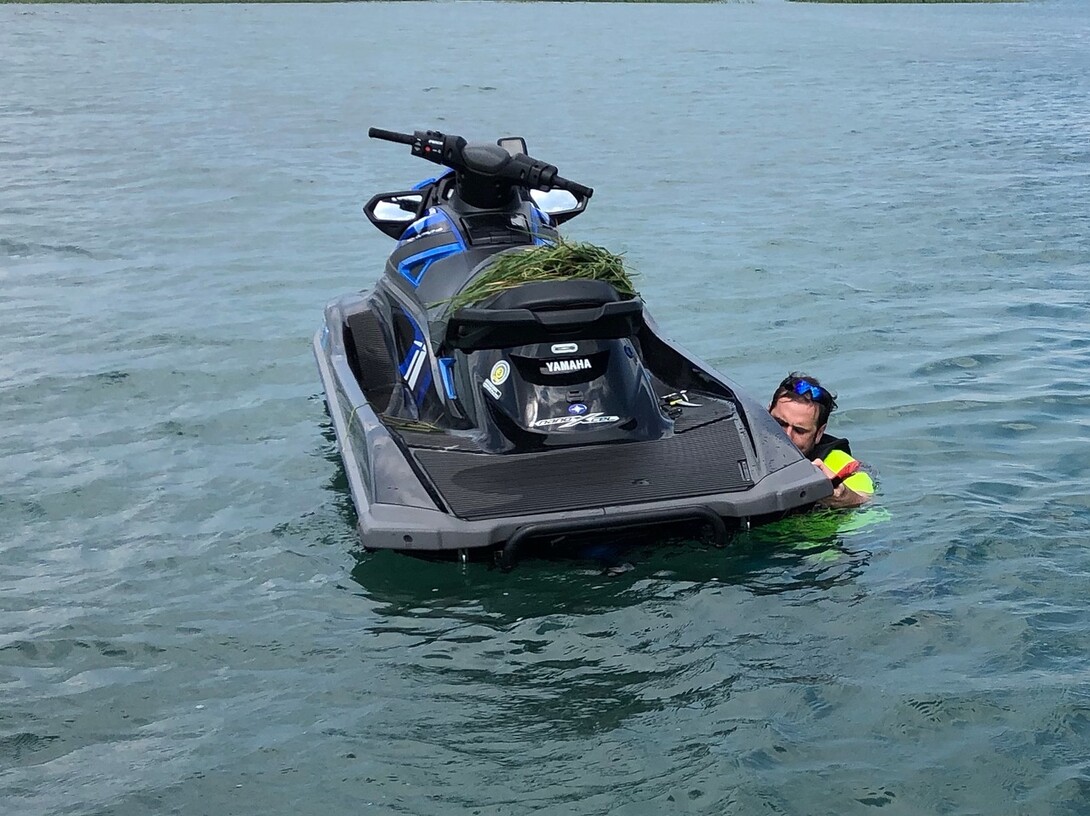
Now that the PWC riding season is getting into full swing, I want to touch on five errors that PWC riders often make. Mistakes are especially likely at the beginning of the season when skills are rusty or someone is brand new to the sport and learning as they go. If you're a brand new PCW rider, check out our guide for new owners here. And always refresh your PWC safety practices before the start of a new season.
Here are some common mistakes made by PWC riders and how to fix them.
1. Not using the safety lanyard properly
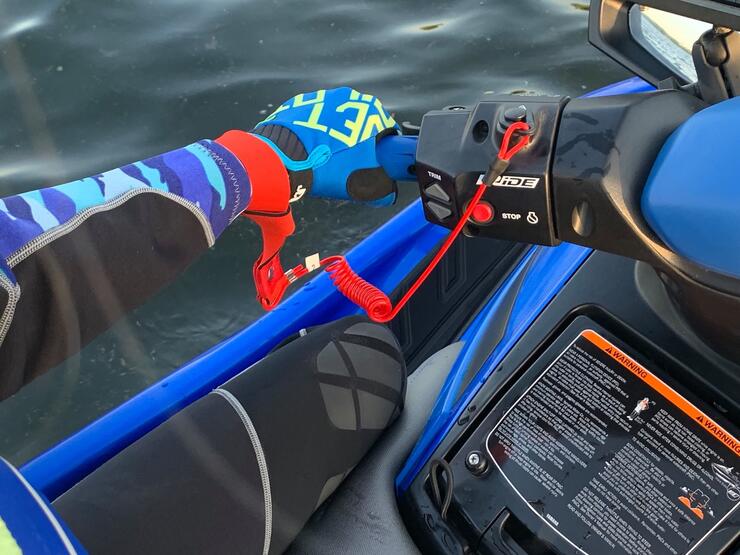
Always securely attach the wrist loop to the lanyard. A runaway PWC goes faster than you can swim!
If you’re using the wrist loop make sure it’s securely attached to your wrist. Don’t leave it loose. I’ve seen the wrist loop slip off when the rider comes off the machine unexpectedly. The PWC continues to run and glides away. Even at idle speed it’s moving faster than you can swim.
A better choice is to use a lanyard that has a clip and attach it to the PFD. Many PFDs have a plastic loop that you can clip to. Or attach the lanyard to one of the PFD straps. It’s more convenient to attach it where it won’t get in the way or get disconnected when you’re moving your arms around on the PWC.
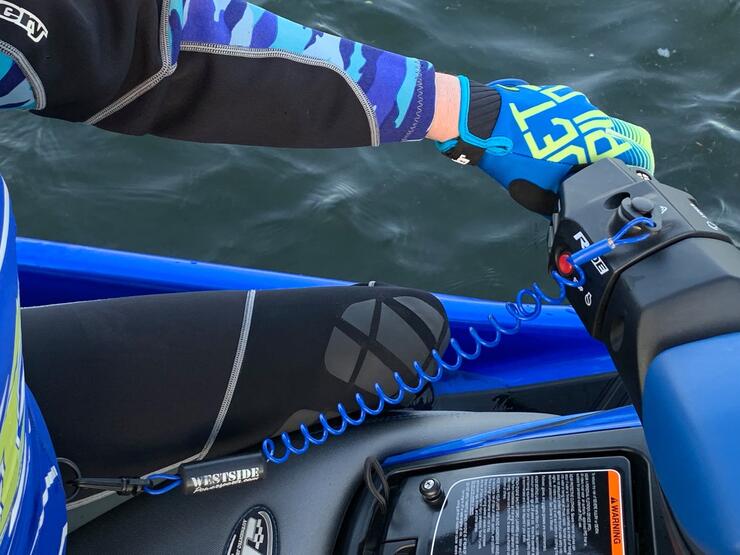
Whatever you do, do not plug the lanyard into your PWC and leave the other end hanging while it’s running on the water. You always want to be in complete control of your PWC.
2. Starting in Shallow or Weedy Water
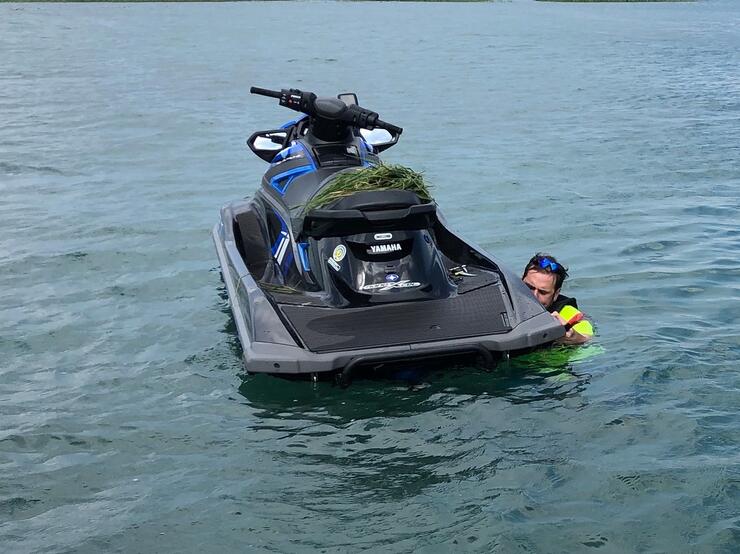
Make sure you have at least 60 cm (24 inches) of water below the jet pump intake before starting the engine. Float the PWC away from shallows or areas full of weeds as you don’t want to suck any of this into or through your impeller.
Sand, grit, rocks, and wood can do damage to your impeller making the machine run poorly. After damage has occurred, the impeller may need to be repaired or replaced. If the damage is minimal it may be able to be hand filed smooth and reshaped.
Weeds can collect in the intake grate starving the jet pump of water flow potentially overheating the motor if it continues to run. When the intake clogs, shut the motor off. Remove the lanyard from the PWC switch and get into the water, reach underneath from the side and pull the weeds out. Carrying tools in your kit that can cut and extract woody weeds or rope can make the job less difficult.
3. Docking too fast or docking unprepared
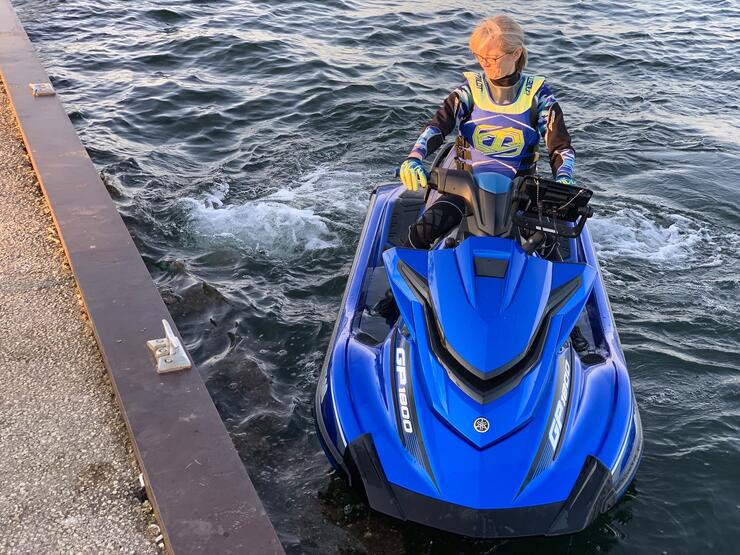
Beginners often misjudge how fast to approach the dock. Approach the dock slowly, with your body "inside" the PWC to avoid injury.
Docking is a learned skill that takes time and practice to get good at.
Water and wind conditions have an effect on how you approach the dock and affect your ability to be able to come alongside with control. Coming in too fast near the dock can result in collision risk with the dock or another vessel. Keep your body parts from hanging over the sides of your PWC so you don’t crush them between your PWC and the dock.
Prior to approaching the dock, pull out and attach your dock lines and fenders to the side that will be against the dock so you are prepared to tie up once you get there. Keep the rope out of the water so it cannot reach the jet pump intake.
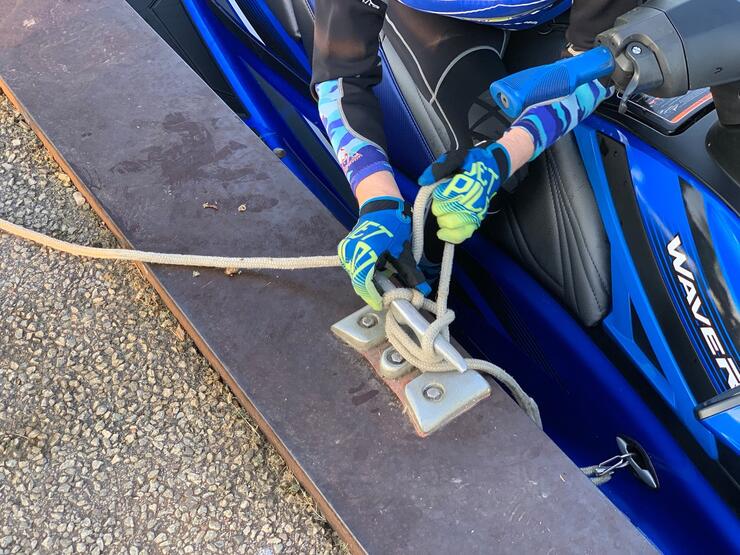
Always prepare your PWC for docking before your approach so you're ready to tie up as soon as you're dockside.
Practice using gentle throttle and deliberate steering to maneuver your PWC towards the dock and come to a gentle stop in the chosen place.
4. not starting on a full tank or forgetting to bring extra fuel
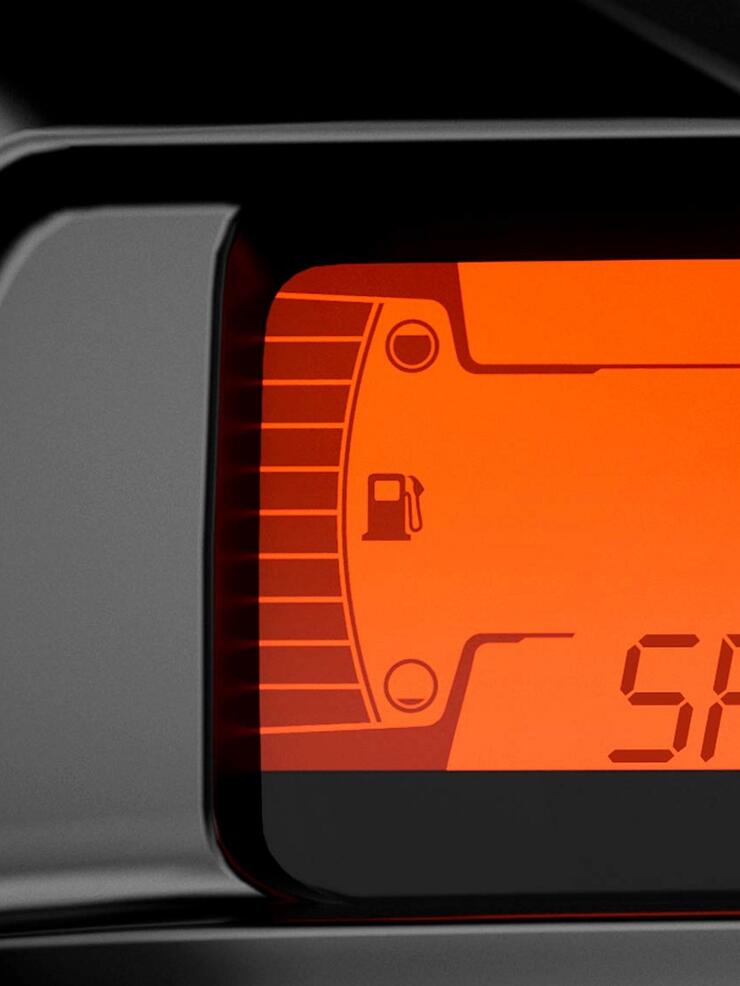
Your fuel tank at the start of your trip? Always full.
Check fuel levels before you head out. You always want to have a full tank at the beginning of your PWC ride. Get into the habit of either filling your PWC after finishing a ride or as part of your ride prep prior to heading out. Being consistent with your prep routine will ensure that nothing gets forgotten before you head out for a great day on the water.
If you will be out on your PWC for a full day, ensure that you have a plan for refuelling. Make note of where fuel is available on the water and what octane grade you need, or perhaps strap a tank of fuel on the back deck for the trip. There are racks made for PWC that hold extra fuel tanks. Most marinas carry regular grade gas, but if your PWC is supercharged it will require 91 octane fuel.
I often come across people getting their PWC fuelled at a marina while they are sitting on the seat. As with boats, all persons are to disembark the vessel and step away from it during fuelling. This is for the safety of everyone. If an accident or a spill were to occur, you are not in the immediate area and not in the way of staff working to remedy the situation.
Many people forget to lift the seat after refuelling their PWC. With boats, there is a specific process one goes through to ensure there are no fumes trapped in the engine compartment that could ignite. With a PWC the best thing to do is lift the seat after fuelling to ventilate any collected gas vapours. It doesn’t happen often but occasionally when a PWC starts a spark occurs that ignites the enclosed fumes causing an explosion and fire. The risk is higher in older PWCs. It is safer to air out the engine area even on a modern PWC.
5. Forgetting the Drain Plug
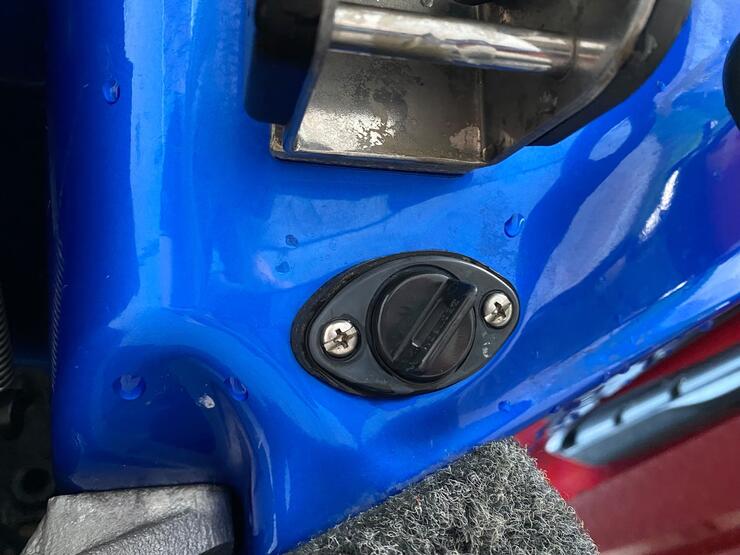
Forgetting to replace the drain plug after use is a common mistake. There are tricks to help you remember to check it.
Oh yes! The drain plug. You removed the drain plugs for whatever reason and forgot to put them back in. You may only forget this once and it’s eternally remembered. The drain plug is a small but important part of your PWC. The drain plug is removed mostly on older model PWC to drain bilge water out of the hull after a ride.
One trick that I used when I had an older machine was to leave an odd object in my glove box. Whenever I saw that item it reminded me to check that the drain plugs were in and secure.
This is a short list of five common errors that PWC riders can make. There are many other errors that can be made by PWC owners, but these are remedied simply by developing good preparation and operation habits with your PWC.
Recommended Articles

6 Ways to Explore the Great Lakes by Boat or Cruise

Discover Northern Ontario's Top Boat Tours

A Guide to Boating the Trent Severn Waterway in Ontario 2025

Boating Events in Ontario: A Complete Guide to Summer 2025

19 Charming Lighthouses to Visit in Northern Ontario
I Boated the Trent Severn Waterway and Here's What It Was Like
I Sailed the New Viking Octantis and Here's What It Was Like

Canadian Canoe Museum
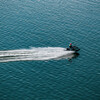
14 PWC Itineraries and Tips for Riding in Ontario

A Thousand Adventures: Boating the 1000 Islands in Ontario
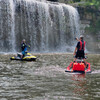
Road Tripping with your PWC

Boat Tours and Cruises in Ontario
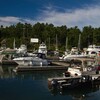
A Guide to Ontario's Marinas

5 Baller Boating Destinations in Ontario

Amazing PWC Getaway
